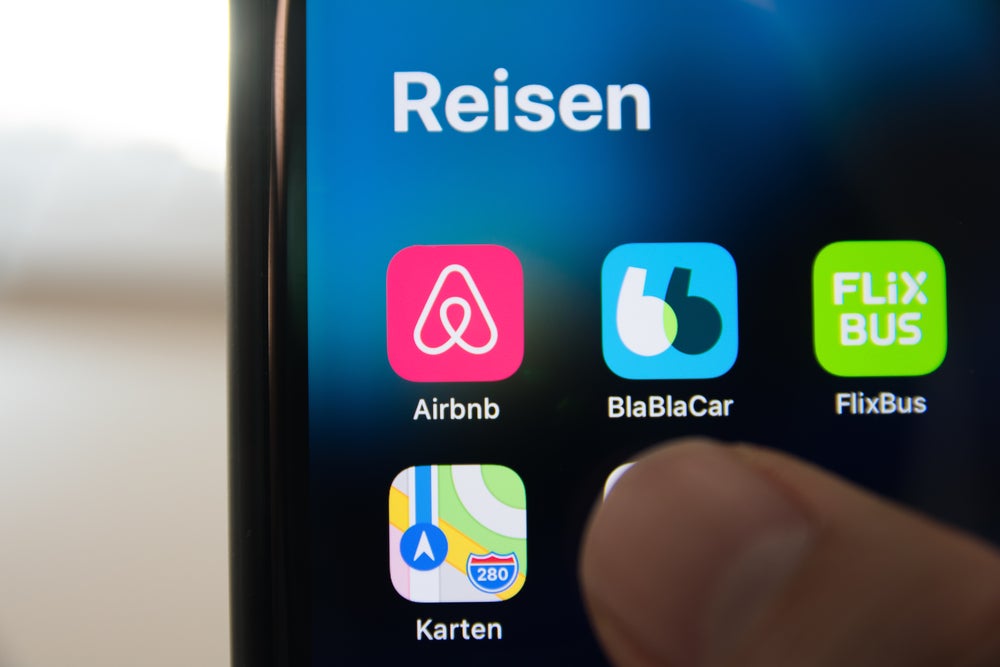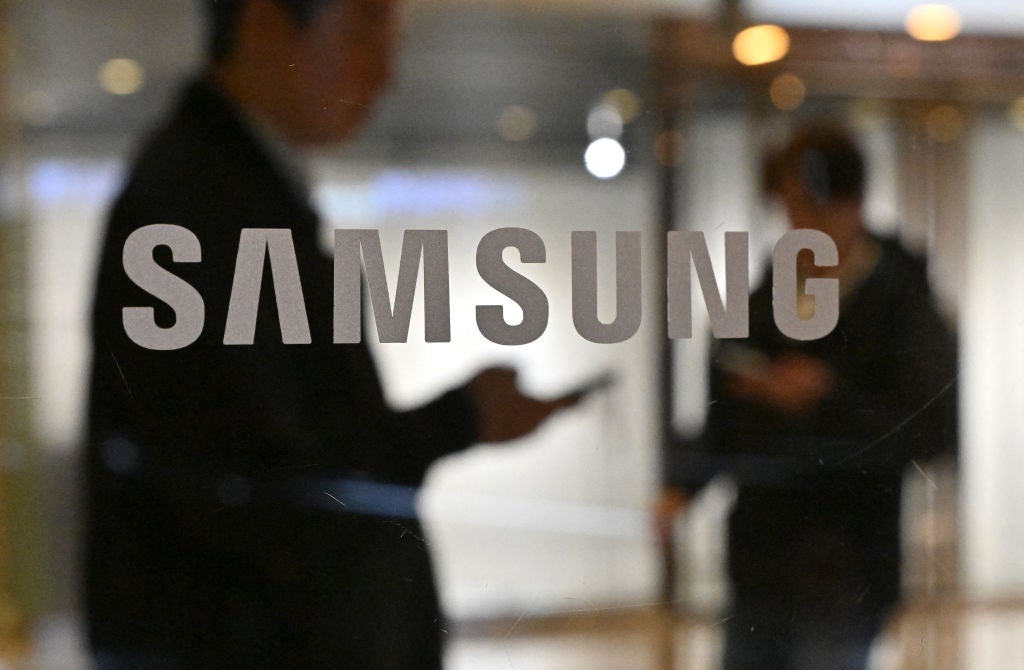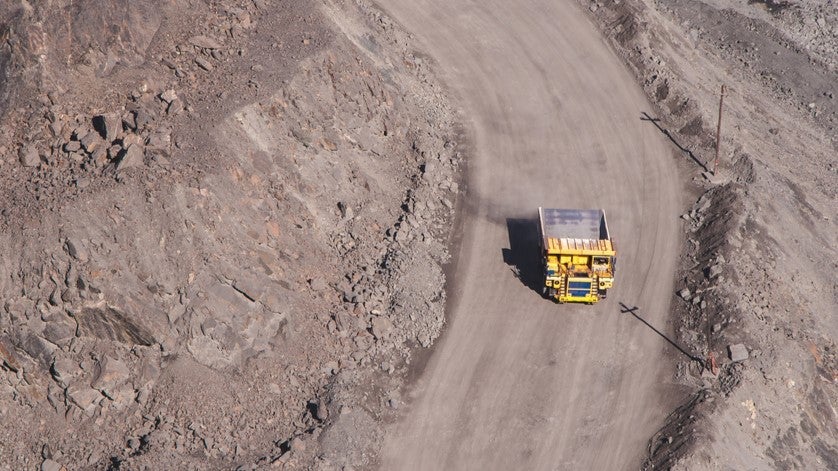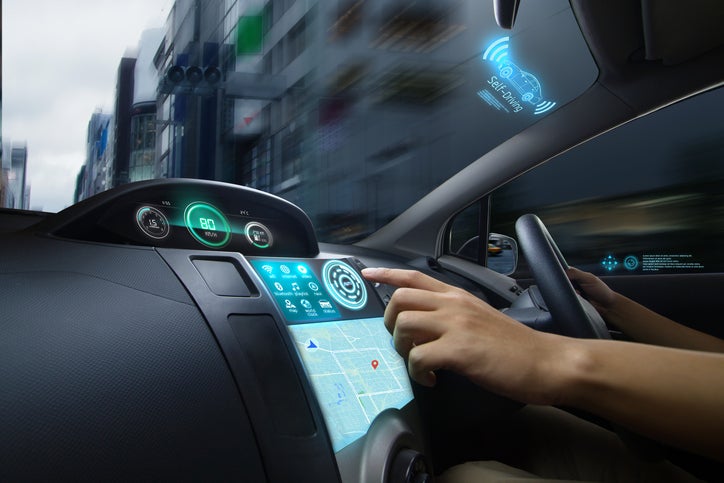
French startup BlaBlaCar has something to be chatty about: a $115m (€97m) funding round for the carpool unicorn.
The Paris-headquartered carpool marketplace started out in 2006 by connecting drivers and passengers for rideshares, with the playful option of sharing their preferred level of chattiness in the vehicle (“BlaBla” on a profile meaning someone who likes to talk, for example). In recent years BlaBlaCar (BBC) has expanded its mission with the acquisition of Ouibus, the bus division of France’s national railway company, and online bus ticketing platform Busfor.
The company also announced its acquisition of bus supply inventory manager Octobus alongside the funding news. BlaBlaCar’s press release reports that the funding round was led by existing investor VNV Global, with new investors including Otiva J/F AB and FMZ Ventures.
The BlaBlaCar funding round cements the travel disruptor’s existing pillars in carpooling and buses along with its plans for aggregation. The goal is to create an all-in-one aggregator for travel that lets you get from Point A to Point B via not just bus or car, but also train. BBC is hoping to add train operators to its marketplace over the next 18 months, cementing its dominion over shared travel.
Via its purchase of Ouibus, BBC’s reach now includes France, Belgium, Germany, Italy, Spain and more. But the company recognises that the bus sector remains open for disruption; there still remain other bus services for which travellers can’t buy tickets online.
This explains its purchase of Ukrainian company Octobus, and its state-of-the-art inventory manager system to help digitise bus supply. This will strengthen BBC’s ability to support the digitisation of bus carriers outside Western Europe, where bus operators are still selling most of their tickets offline, and where it is leading the online transition.
How well do you really know your competitors?
Access the most comprehensive Company Profiles on the market, powered by GlobalData. Save hours of research. Gain competitive edge.

Thank you!
Your download email will arrive shortly
Not ready to buy yet? Download a free sample
We are confident about the unique quality of our Company Profiles. However, we want you to make the most beneficial decision for your business, so we offer a free sample that you can download by submitting the below form
By GlobalDataThe startup’s expansion into trains will build further connections between cities and towns, especially ones with less-developed public transportation. A multi-modal app could theoretically help travellers reach even the furthest-flung of villages.
Smart cities, shared travel
While connecting people to rural communities may not sound exciting, it is part and parcel of the smart city revolution being seen world over. As GlobalData thematic research on smart cities reports, the creation of smart cities is a market that will be worth $833bn by 2030.
The same GlobalData research notes the importance of smart and shared transporation to cities of the future. “Sharing reduces the vehicle miles traveled, offering better passenger aggregation and, in theory, fewer accidents, reduced congestion, and lower carbon emissions,” the report says.
This vision may have been helped along by the pandemic’s impact on commuting and tourism. A GlobalData survey of nearly 5,000 people for example showed that only 27% of people want a return to the office permanently. This could suggest much lower demand for any mode of transport as more work from home.
All this could mean less demand for shared commuter travel once the pandemic ends, but probably not as low as it was in lockdown. BlaBlaCar meanwhile doesn’t seem to be worried about its carpooling revenue, even if last year’s lockdown did have an impact on it. After all, the brand isn’t paying to put empty cars on the roads of Europe.
“With our carpooling network, there are no fixed costs,” company co-founder and CEO Nicolas Brusson told TechCrunch. “Car is and will be the universal connector that doesn’t rely on train stations or bus stops,” he added.
Such confidence explains the BlaBlaCar funding success. Being a convertible note, the $115m investment will see the company reach a $2bn valuation in the event of no follow-up financial event.






